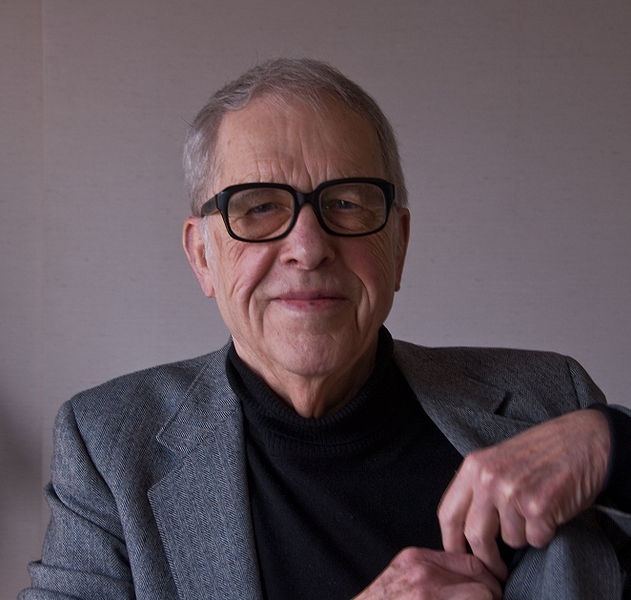Japan Part 2 of 3: Domestic

In our continuing series on figuring out Japan, today, why don’t you learn a bit about Japan domestically? Seriously, why don’t you?
Japan is roughly the size of California – just a bit smaller – with a population of 127.5 million, while the Golden State has just over 36 million residents.
What might account for Japan being smaller than California but having 3.5 times as many citizens? Well, the Japanese live longer, that’s for sure. Life expectancy in Japan is over 81-years-old putting it in the top ten among the world’s oldest living people, a list topped by the people of the small, western European country of Andorra, whose population can expect to live to 84-years of age. For some perspective, the title of lowest age expectancy goes to the landlocked south African country of Swaziland. There, citizens can be called lucky for crossing the threshold of 33-years-old.


